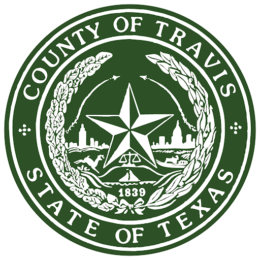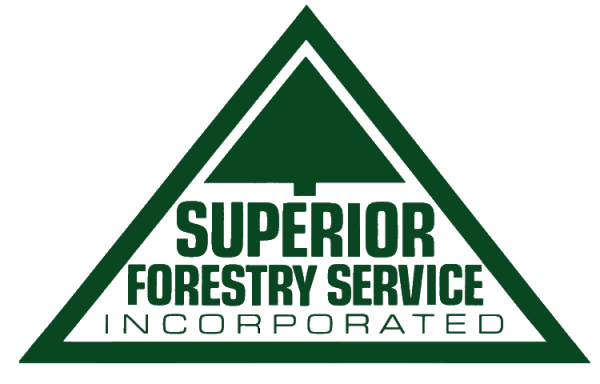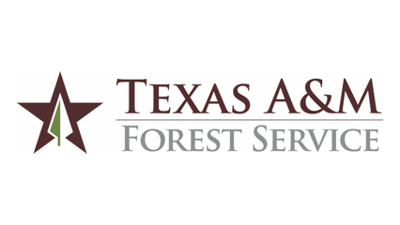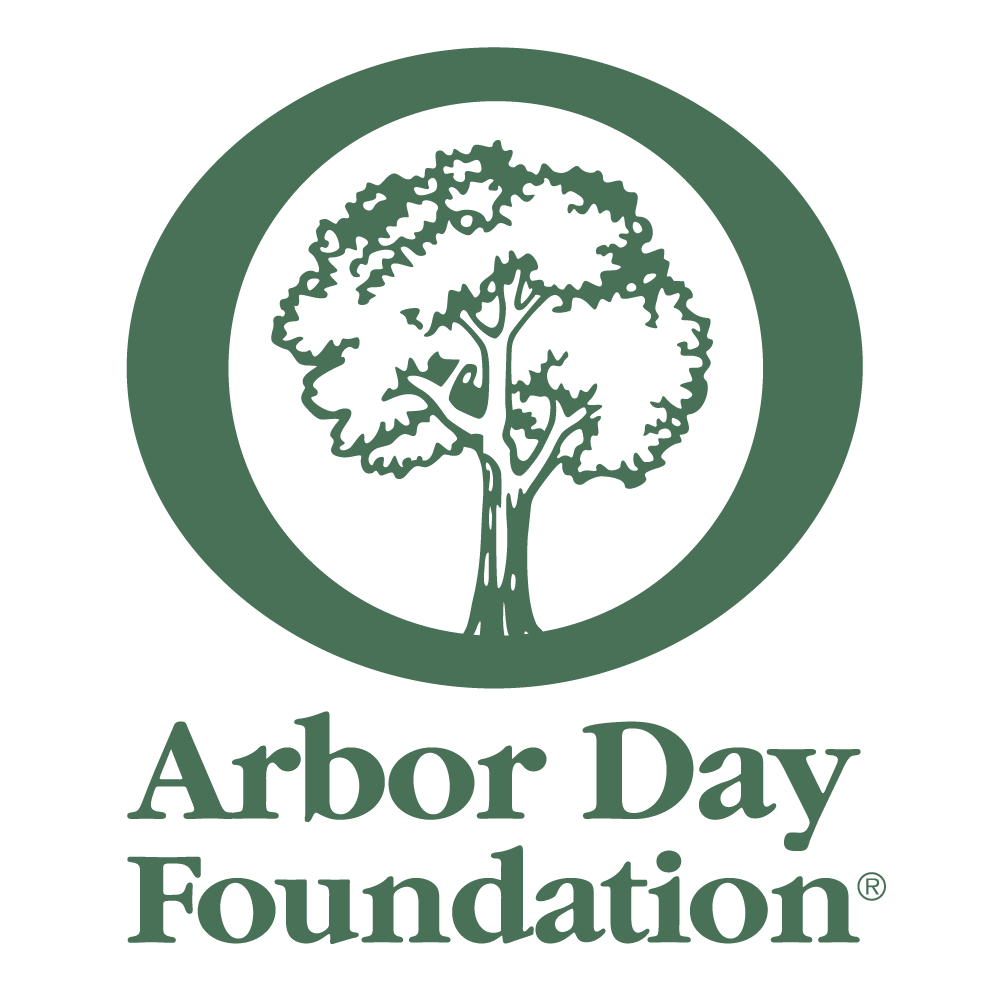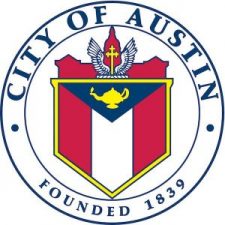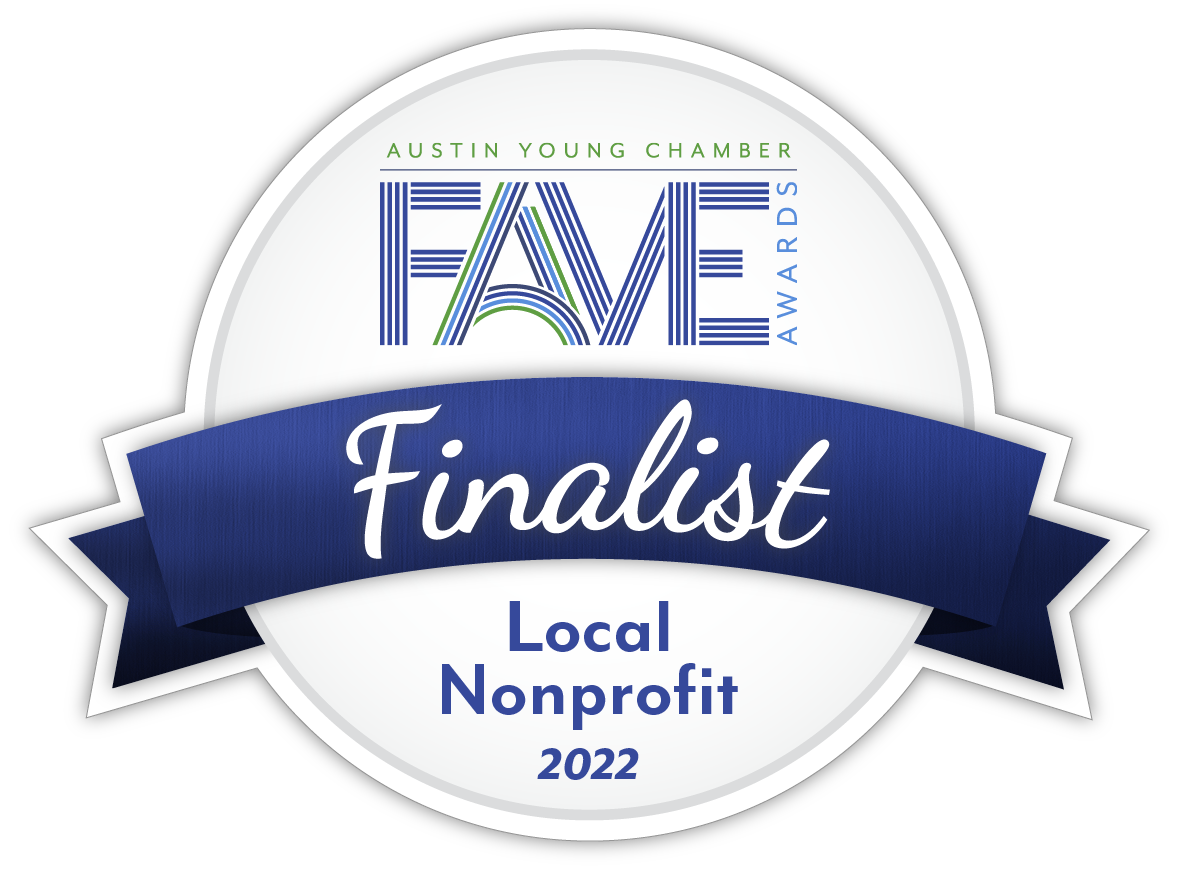Reforestation Services
Central Texas Floodplain Reforestation Program
Restoring healthy forest buffers along riparian or streamside areas within a 7-county region.
Our Central Texas Floodplain Reforestation Program partners with passionate landowners who are willing to commit to the long-term growth of their riparian forest. We provide reforestation for floodplain properties up to 30 acres or more. If you qualify, we will schedule an on-site consultation, create a planting plan, and plant native saplings on your land at no cost. Take our four question quick quiz below to see if you qualify to apply!
Riparian forests improve water quality, provide wildlife habitat, and contribute to our overall well-being.
These forests can sequester enough carbon to counteract the effects of local fossil fuel consumption while generating carbon offsets to address regional climate change.
Apply Today! There’s no cost to landowners.
Are you interested in protecting your land while creating a positive impact on our environment?
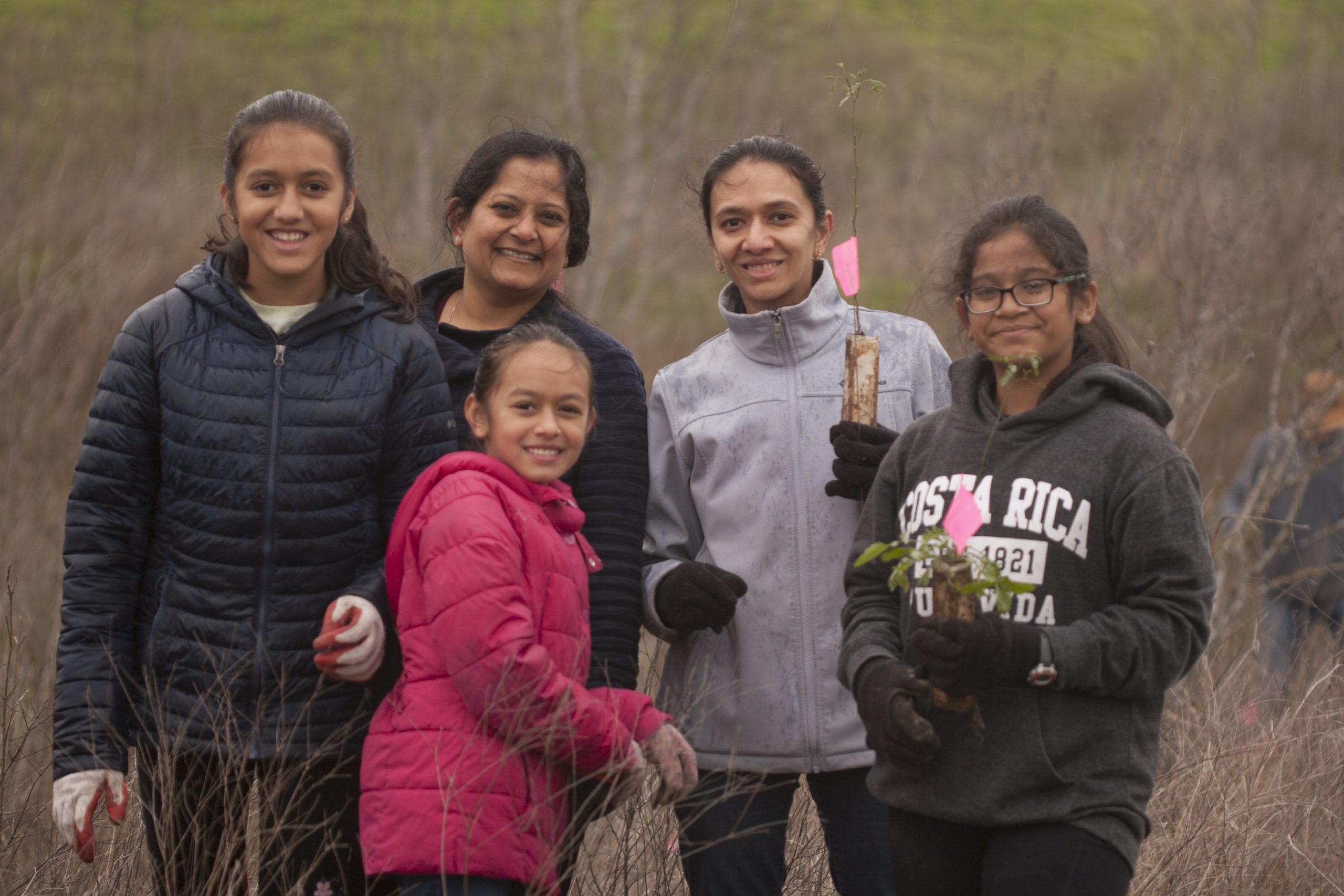
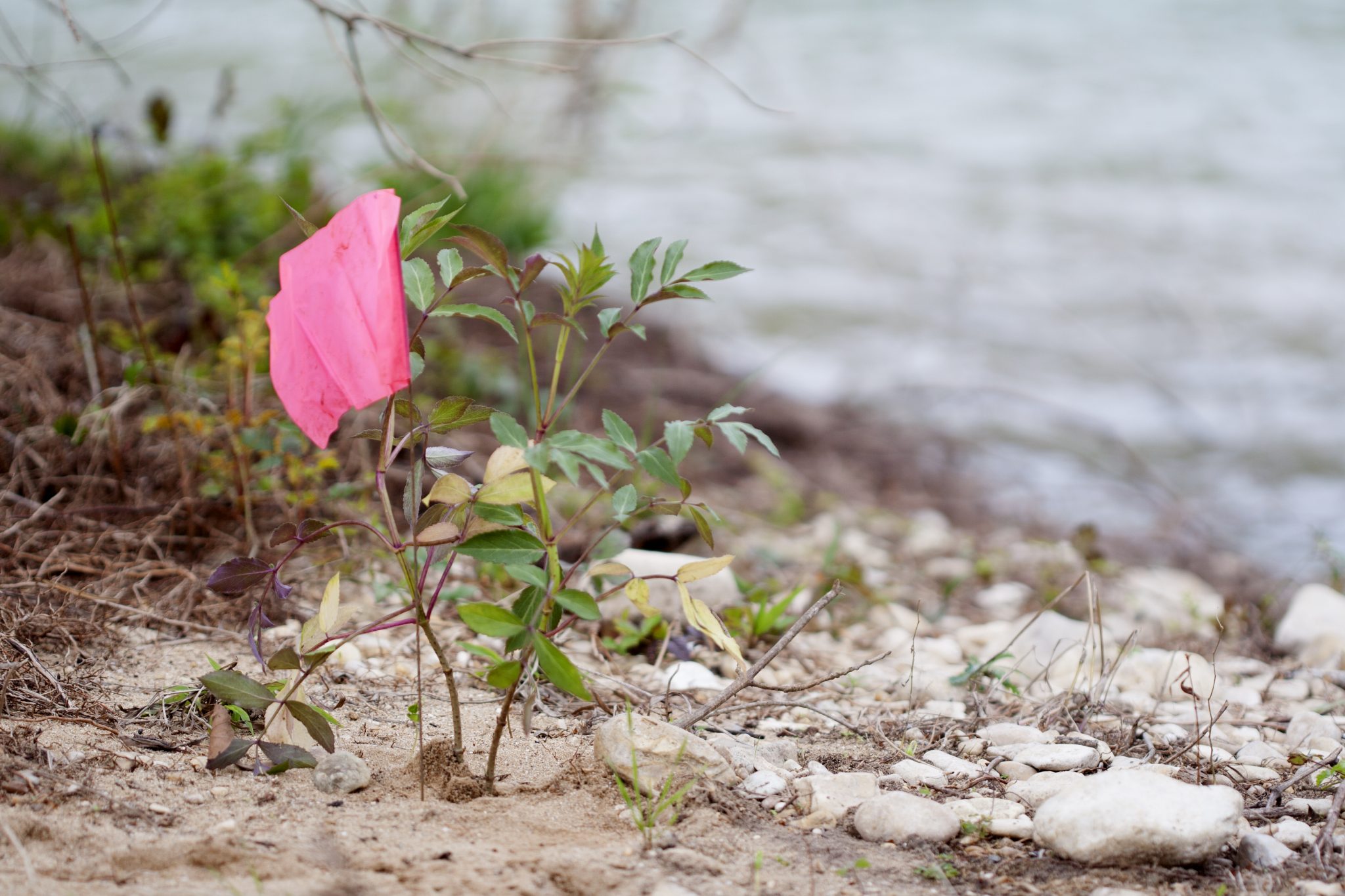
The Details:
The type of carbon offsets offered by TreeFolks are called Carbon+ Credits, developed by City Forest Credits, a nonprofit based in Seattle, WA.
The “+” sign after carbon represents some of the additional ecosystem services provided by trees in addition to carbon sequestration. City Forest Credits created protocols to quantify these co-benefits:
- the amount of energy savings
- stormwater interception
- air quality improvements
- regional cooling effects provided by trees
Reforestation services are valued at around
$11,500 per acre
but are absolutely free of charge to landowners who participate in the 26-year commitment to protect their land from the impacts of climate change and development.
Services Include
On-site Consultations
A diverse mix of native saplings complete with planting services
Ongoing technical support
Educational materials and opportunities
In exchange for these services, landowners donate the Carbon+ Credits to TreeFolks, which are then traded to public and private entities interested in offsetting their carbon emissions.
Frequently Asked Questions
Do I have to allow Carbon+ Credits to be generated from my land in order to participate?
Yes, this program requires that you donate the Carbon+ Credits generated in the planting areas on your land. The sale of these credits is used to keep the program free.
How do I qualify?
To receive reforestation services, the applicant must own land that is within the 7-county region of Travis, Bastrop, Hays, Williamson, Caldwell, Burnet, and Blanco and have a portion of FEMA’s 100yr floodplain in it. CTFRP qualified land cannot already be fully forested, as we cannot plant under existing canopy cover.
How much does the program cost?
The program is valued at $11,500 per acre, but is completely free of charge for participating landowners.
What are Carbon+ Credits?
Carbon+ Credits are at their simplest a way to estimate how much one metric ton of carbon dioxide is worth once it has been removed from the atmosphere. One metric ton of carbon dioxide emitted by a car or an industrial plant may be ‘offset’ by doing something to capture carbon from the air.
For example, the City of Austin would like to purchase credits to offset the carbon generated by daily activities (mostly driving vehicles). Carbon credits are quantified using a unique method developed by scientists at the nonprofit City Forest Credits.
This method accounts for the particular environmental variables of riparian plantings in our region and includes the additional benefits of quantified rainfall interception, energy savings, and air quality improvements.
What does participating in the program mean for me?
This program is novel in its goal of generating carbon credits from our free planting services on private Texas land. Your support helps us try out this exciting new framework, and we will work hand-in-hand with you as the process develops. The most important things to know are:
- Producing Carbon+ Credits requires a promise to not remove the trees for 26 years, so that they may sequester enough carbon to be meaningful. The protection is granted through a legal deed restriction or declaration of covenants attached to the land.
- Livestock activity is extremely harmful to streambanks, young trees, and natural vegetation. Fencing out livestock prevents the consumption and trampling of young trees and other vegetation and reduces erosion issues. Mowing prevents young trees from growing in and can increase erosion due to a lack of soil protection and stabilization. Livestock must be fenced out or removed and mowing must stop within planting areas for at least 10 years.
- Tree growth will be measured by satellite imagery, like Google Maps, and will require little to no access to the property over those 26 years
- Funds generated from the sale of the carbon credits will be used exclusively by TreeFolks, a 501(c)3 nonprofit, to fund future tree plantings in Central Texas and will not be used for personal gain.
- The value of the Carbon+ Credits is not currently considered a tax-deductible donation.
Assisting TreeFolks in this program will allow you to protect your trees and give back to your community for future generations!
What size trees will be planted?
We plant very young saplings that are about 1 or 2 feet tall. In our work reforesting the Lost Pines after the fires of 2011 and along the Blanco River after the floods of 2015, we found that large-scale reforestation through planting small saplings is the most cost-effective method of establishing forestland at scale.
The methodology, backed by peer-reviewed science, yields healthy forest density by overplanting low-cost native tree saplings at high density in order to offset mortality (our minimum is 545 trees per acre, or space at around 8-9’ apart). Not needing irrigation or fencing (except in the case of active livestock grazing) helps keep costs low.
Landowners are not expected to actively maintain the saplings once planted and are offered free educational consultations to increase understanding of the importance of healthy, riparian forests, with follow-up tree survival studies where applicable.
Planting is performed by volunteers, TXCC, and Superior Forestry Service.


